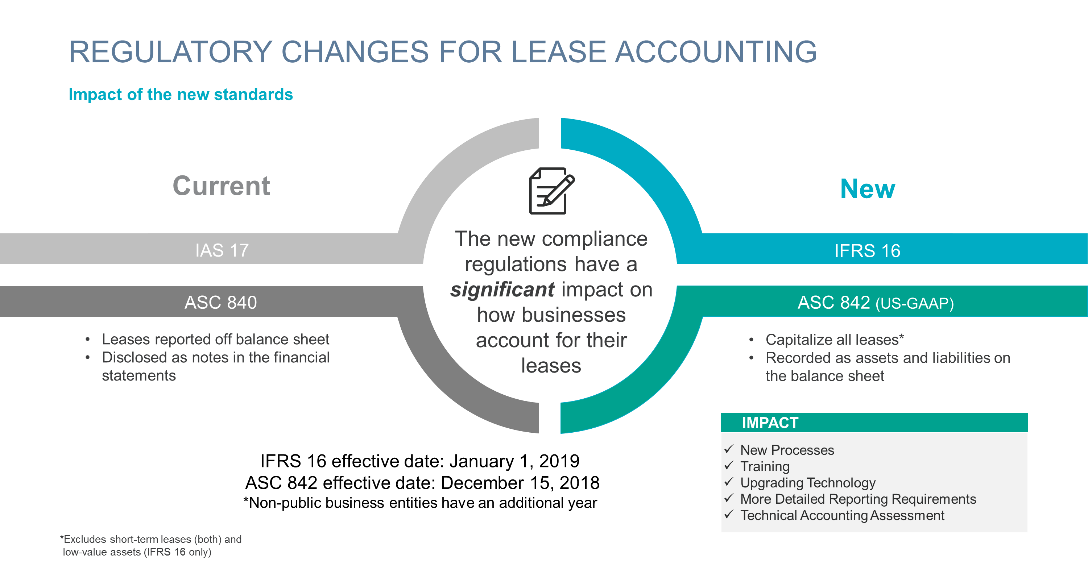The 2018 GRC and Finance SAP Insider Conferences took place in mid-February in Las Vegas. Our SAP teams spent time attending conference sessions, and their observations on what’s trending across the industry are compiled here in a five-part series. In this part, we will be discussing the new Lease Accounting standards and how Nakisa, an SAP solution extension can help automate this process going forward.
There was a lot of buzz from companies looking to learn more about the new Lease Accounting standards that public companies need to comply with for fiscal years beginning after December 15, 2018, including interim periods within those fiscal years (i.e., January 1, 2019, for a calendar year entity). Clients who attended our session on the Lease Accounting Compliance journey were also exploring automated solutions to manage compliance around this regulation – manual lease maintenance will be very hard to manage.
If you have not yet heard of this regulation, be aware that even at the simplest level, the new compliance requirements will have a significant impact on how businesses account for their leases. See below for a high level view of the changes:

Companies will need financial and accounting expertise in order to understand the financial process changes from this regulation, as well as detailed SAP knowledge to successfully implement the system processes to meet the new Lease Accounting standard.
There are a number of success factors recommended to prepare to meet the new Lease Accounting standards and integrate them with an effective and comprehensive technology solution. Key considerations include:
- Gather Leases Early On – Identify the inventory of all leases, including where they reside, and ensure the organization has the necessary information for the leases. This can be a very time consuming process for companies with a large volume of leases and decentralized ownership and maintenance. Companies typically underestimate the effort around this step, causing project delays right from the get-go.
- Data Harmonization/Consolidation is a Critical Step in the Process – Consolidating leases from several sources, ensuring data is in a consistent format, and agreeing on the lease calculations are some of the activities that need to be performed prior to uploading to the lease accounting system.
- Integrated Project Teams and a Dedicated Steering Committee Are a Must – An effective approach to a successful Lease Accounting standards implementation is to ensure the project is not performed in silos but is fully integrated between finance, business, IT and compliance at both the project and steering committee levels.
- Perform an End-to-End Solution Design…But Don’t Overengineer – The Lease Accounting standards process should consider all phases including what happens within and outside the system to ensure key aspects such as reporting requirements and impacts to SAP and business processes are addressed during the solution design phase. This can become a slippery slope and add significant time to the implementation if not properly managed.
- Include Time for Sustainability – There is often a rush to complete the implementation due to the vast amount of time to identify leases, lease consolidation/upload, system configuration, system implementation, etc. Often, the appropriate focus on key factors related to user enablement and sustainability such as training, ensuring proper controls, ownership/RACIs, etc. is often not prioritized and in some cases is overlooked.
Experts recommend budgeting 6-10 months to procure and deploy a lease accounting solution depending on complexity and the status of the lease data discovery and harmonization process. With effective dates looming, the time for adoption is now. For more information on implementing the new lease accounting standard in SAP landscapes, check out our white paper.



